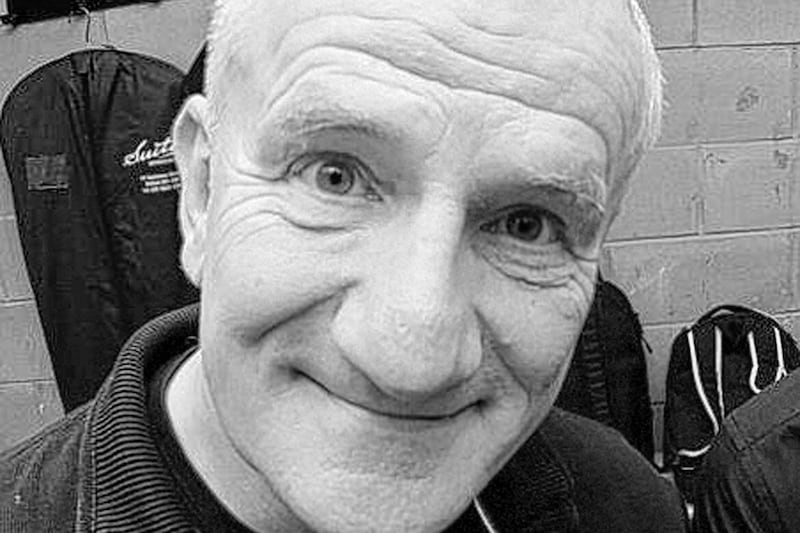ALONGSIDE comedy, I've run a small business for 30 years. After operating for five years, I needed a loan to upgrade my premises so went to my bank.
By that stage, I'd saved half of what I needed and presumed there wouldn't be an issue in getting a loan for the remaining amount. I was wrong.
Despite a perfect credit rating and having traded with the bank for decades, my application was refused. My accountant was incensed and made an appointment with another bank the next day. After a quick examination of my accounts, they immediately agreed my loan.
The branch which refused my application closed after the banking crisis of 2008. Every time I drove past its shuttered windows, I admit to a feeling of schadenfreude, as my small business continued to trade, never missing a single payment of the loan they'd denied.
All this came back to mind after I watched the BBC documentary, Blair & Brown: The New Labour Revolution. The last episode dealt with Gordon Brown's short tenure in Number 10 and his handling of the 2008 financial crisis.
There's no doubt Brown's success in forming a coalition of nations to rescue the banking sector averted a catastrophe, but it cost us a trillion dollars.
At the time, this deal was sold as a fait accompli, the argument being if the banks failed then the world economy would collapse. In short, we, the public, had a gun put to our heads and our taxes were used to bail out a greedy, incompetent banking sector.
We have since learned the bank CEOs - who almost bankrupted their institutions and risked the world economy - were allowed to retain their ill-gotten fortunes and retire to island mansions.
Politicians around the world promised legislation to ensure nothing similar could ever happen again - these laws were never enacted. Over the ensuing decades, the bailed-out banks slipped back into their old practices of obscenely generous bonus schemes and risky unregulated gambling on financial instruments they don't understand.
Revelations in the 2016 Panama papers proved many banks continued to facilitate not only tax evasion by the uber-rich, but were also washing the money of international drug dealers and terrorists.
The recent publication of the Pandora papers proves nothing has changed, with sportsmen, musicians and politicians facilitated in shifting assets offshore to avoid paying tax.
The differences in how the banks treat the rich compared to how they treat the rest of us doesn't end there. For decades, high street banks have shut thousands of local branches across the country. Their justification being people prefer to bank online - which of course they do, when their local branch has just been closed.
I recently received a letter from my current bank informing me that another eight of its branches are to close. I'm lucky as I drive, but what about the less fortunate? What about the elderly, who rely on public transport and don't have access to internet or phone banking? What about rural customers who, in many cases, will be forced to travel some distance to find a bank?
I'd argue the banking sector have proved themselves unworthy of the trust put in them by the people and communities they purport to serve. When they came, cap in hand, we saved them, and they've repaid our generosity by continually putting obscene profits before people.
These injustices go beyond our banks. While the rich are aided in not paying their fair share, those at the bottom of the capitalist pyramid have no such luxury.
It's been reported this week that universal credit claimants in Britain are being asked by the Department for Work and Pensions to prove their identity by taking their photo in different locations and situations.
One such scenario involves taking "a photo of yourself holding your local newspaper for the area you live... dated the same day you upload the photo".
Who knows, maybe some day the Irish News may be unwillingly dragged in as a form of identity check, as what happens in England invariably follows here.
Our politicians should claw back the money we - the taxpayers of the world - were forced to give banks in 2008; the trillion we're owed could be better spent on schools, hospitals and the care sector.
And if bankers won't return our money then natural justice demands the headlines on newspapers the poorest are being forced to hold up for ID should read, 'World's bankers jailed for extortion, corruption and theft'.








